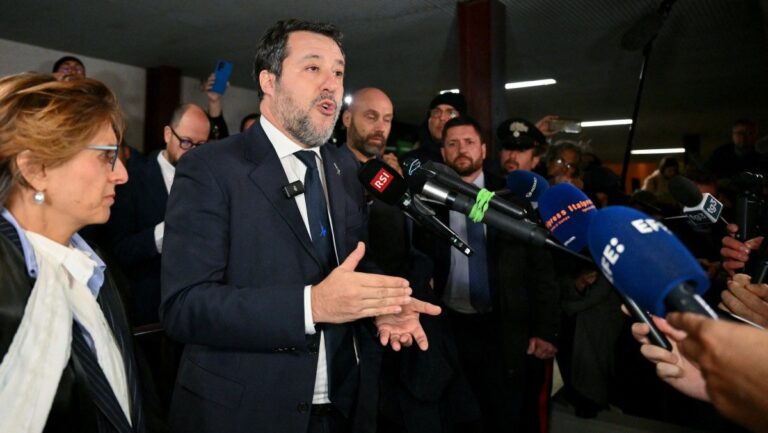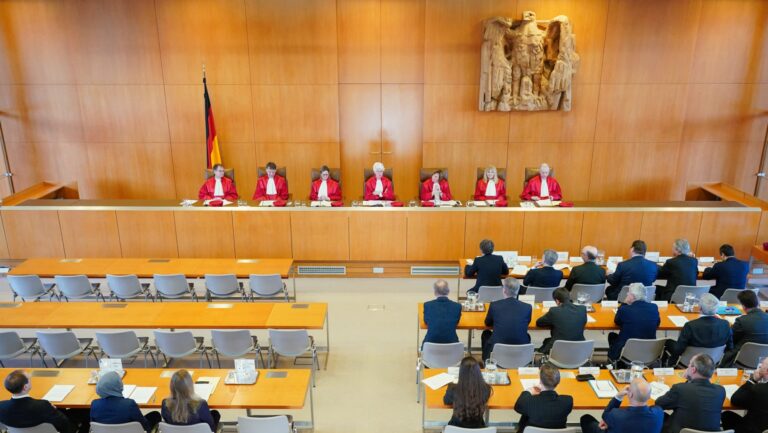A deputy minister for children and family has returned to the structure of government, with an LGBT activist in the role. After painstaking negotiations, Prime Minister Gabriel Attal—who took office on January 9th—has made a second wave of ministerial appointments.
Élisabeth Borne’s previous government did not include a secretariat of state or a ministry responsible for the family—proof of how little Emmanuel Macron’s teams valued the family as a political concern. Gabriel Attal is resurrecting the job, but the choice of the incumbent has all the makings of a provocation.
Sarah El Haïry, Attal’s pick for deputy children and family minister, belongs to the centrist MoDem party, led by former presidential candidate François Bayrou and allied to the presidential majority. Previously secretary of state for biodiversity, she is best known for being the first French woman member of a government to come out as lesbian.
In a relationship with a woman, she underwent medically assisted reproduction in April 2023 and gave birth to a baby girl just over a month ago. “If it’s still a problem to say ‘my wife’ when you’re a woman, it’s because there’s still a battle to be fought,” Sarah El Haïry said of her life in a couple, in one of several media interviews.
The choice of such a personality for the position of deputy family minister is anything but trivial since it proves once again the inability of Emmanuel Macron and his party to think about the family in any way other than as a vehicle for social activism. The systematic highlighting of gay identities and recruiting from the ranks of LGBT activism also demonstrates their reluctance to support the traditional family model.
During his first policy speech on January 30th, Prime Minister Gabriel Attal said he was proud to be able to come out as gay from the rostrum of the French National Assembly. Now, the appointment of Sarah El Haïry as head of France’s family policy shows the extent to which the homosexuality of leaders—far from being confined to the private domain—has become a political argument in its own right.





